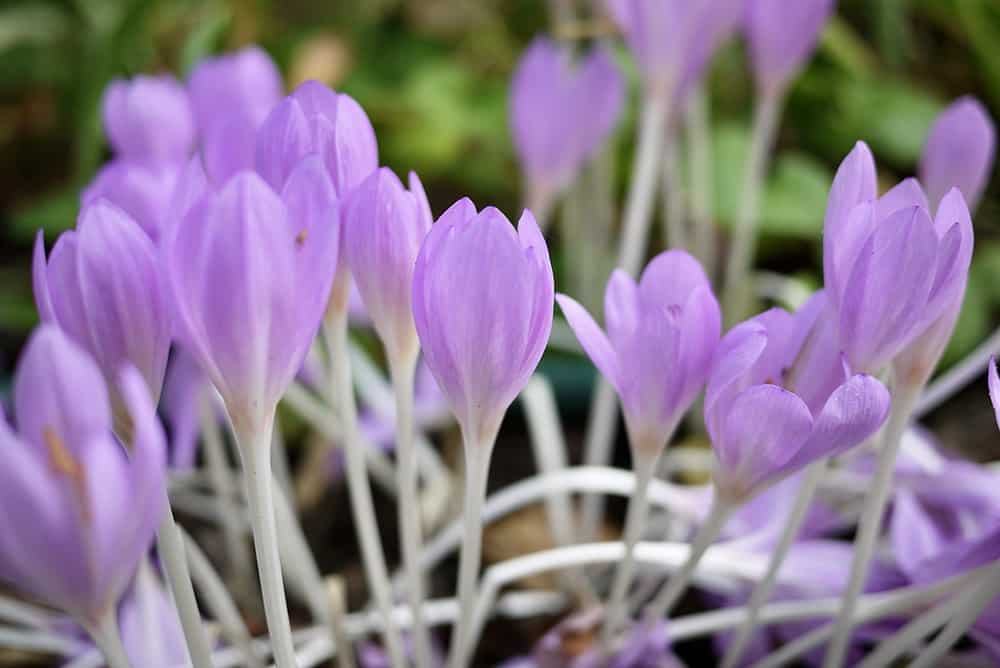Verse 12: The nectar of wisdom
Part of a series of talks on the 41 Prayers to Cultivate Bodhicitta from the Avatamsaka Sutra (the Flower Ornament Sutra).
- Wisdom as fire versus wisdom as nectar
- Realization of emptiness
- Understanding cause and effect
- Benefiting others
- Knowing the nature of samsara
41 Prayers to cultivate bodhicitta: Verse 12 (download)
For the last few days we’ve been having the analogy of wisdom to fire. Yesterday was,
“May all beings exhaust the fuel of the passions.”
This is the prayer of the bodhisattva when lighting a fire.
There wisdom was compared to a fire. In the next gātha it’s compared to nectar. So it says,
“May all beings come to drink the nectar of wisdom.”
This is the prayer of the bodhisattva when holding a cup.
I think that’s assuming the cup is full of something, not just holding an empty cup. Here the analogy of wisdom is to nectar, and I think the idea is fire blazes and fire burns up all the defilements so the defilements are gone. And that’s emphasizing the ability of wisdom to completely clear away all the faulty factors. And then the next one, where wisdom is being compared to nectar, is the idea of wisdom soothing. Because the first one is this kind of whoosh, get rid of the defilements. And the second one is drinking the soothing nectar. Because when we are able to generate wisdom then it definitely soothes the mind and pacifies the mind.
There are different kinds of wisdom. Here we’ve principally been talking about the wisdom that knows the ultimate truth and understands the emptiness of all phenomena, and therefore burns the grasping at true existence.
There are other kinds of wisdom, too. For example, there’s the wisdom that understands the functioning of the law of cause and effect, and this is also a very necessary and important wisdom, because with it then we know how to create the causes of happiness and avoid the causes of suffering, even before we’ve realized emptiness. With that kind of wisdom, also, you know how to instruct other people about how to make good decisions in their lives, give them the tools for how to think, what criteria are important when you make decisions in your life. So the wisdom that understands cause and effect puts your ethical conduct as a very important criteria in making decisions in your life. So, instead of “how can I make the most money,” “how can I be the most popular,” “where can I get the most prestige,” “how will I get the most renown,” or “what will make somebody love me….” Those things aren’t the criteria for making decisions. But it’s the law of cause and effect, and what creates the cause of happiness, what’s abandoning the cause of suffering. And so you need to develop that wisdom.
So much of the time people, when they make decisions, they say, “Well I am trying to be happy and avoiding the cause of suffering. And that’s why I’m gambling, because I’m going to get some money out of this and that’s going to bring me happiness. And gambling is fun.” Well, that’s not actually the wisdom understanding the accurate causes of happiness and suffering. Okay? That’s deluded intelligence. Very deluded, and people are out of touch with their own experience when they think like that. So this wisdom that understands the conventional functioning of things is also very, very important.
Then we have the wisdom that understands how to benefit sentient beings. That’s also very important because lots of times we want to benefit others but then we don’t know how to. We don’t know what to do. Or we try and do something and it turns out to make the situation worse. So we need a lot of wisdom in knowing how to benefit others.
And then, of course, there’s wisdom involved in realizing the transient nature of things and dispelling the misconception that grasps at permanence.
There’s wisdom involved in understanding the foul nature, the ugly nature, of many things in samsara, and thus dispelling the attachment that clings to things that are in nature foul as beautiful.
There’s wisdom involved in understanding that the nature of anything in samsara, anything under the influence of afflictions and karma, is by nature dukkha (or unsatisfactory), so that dispels the misconception that there’s happiness to be found in samsara.
So all these other kinds of wisdom are also necessary to develop in our lives. So as we’re practicing we develop these other kinds of wisdom, and through them we’re able to … make the mind prepared to generate the wisdom that realizes the emptiness of inherent existence. And then all those kinds of wisdom, as much wisdom as we have, becomes nectar when we drink, and soothes the mind.
Venerable Thubten Chodron
Venerable Chodron emphasizes the practical application of Buddha’s teachings in our daily lives and is especially skilled at explaining them in ways easily understood and practiced by Westerners. She is well known for her warm, humorous, and lucid teachings. She was ordained as a Buddhist nun in 1977 by Kyabje Ling Rinpoche in Dharamsala, India, and in 1986 she received bhikshuni (full) ordination in Taiwan. Read her full bio.

